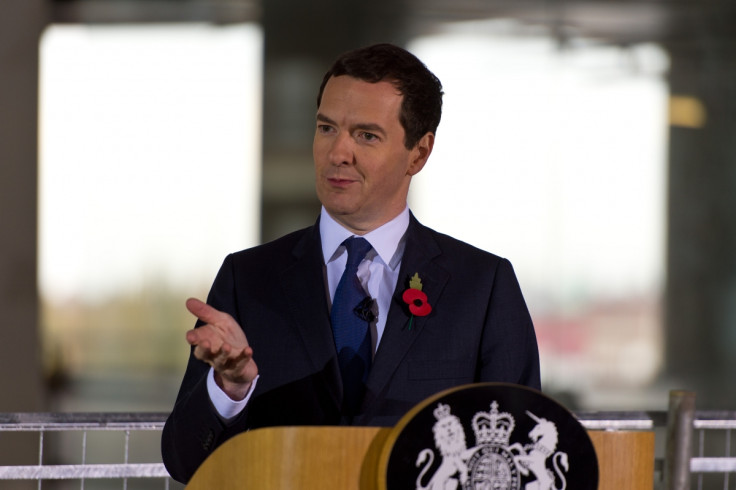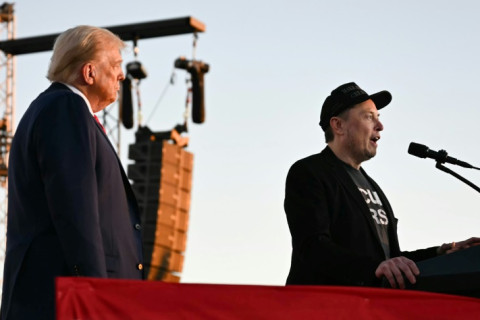George Osborne promises increased counter-terrorism spending amid hightened security risk

Chancellor George Osborne has promised a 30% increase in the UK's counter-terrorism budget in light of an increased security threat after the Paris attacks. The chancellor was speaking ahead of revealing changes to the budget in his Autumn Statement on 25 November (Wednesday).
Defending controversial reduction in funding for police forces across the UK, the chancellor said that the cuts enabled them to increase spending on counter-terrorism and the military. Speaking about stepping up the British "aircraft carrier punch", he laid out plans for the UK to have 24 F-35 jets by 2023, citing them as being "some of the most powerful in the world".
Dismissing concerns that the police cuts would put the country at a greater risk of threat, Osborne said: "I'm absolutely confident that we're going to have the resources to deal with a terrorist threat. Precisely because we're making difficult decisions in other parts of our budget, we can give our military more kit and we can increase our counter-terrorism budget by 30%."
Osborne also noted that the increased spending for the military and counter-terrorism operations would allow them to focus on doing more to stop the guns coming into the country and eliminating the threat of gunmen on the streets of Britain.
Labour opposes police cuts
The Chancellor announced his plans for counter-terrorism spending on the Andrew Marr show, where his Labour counterpart Andrew McDonnell also spoke about his views on the police cuts and the threat of terrorism. The Shadow Chancellor said that he was "really worried" about the police cuts that have been made and although he welcomed the increase in intelligence services spending, he urged the chanellor not to go ahead with his cuts to the police.
"If he cuts the police services in the way that he's planned, that undermines our security," McDonnell told Andrew Marr. "I will support him if he says straightforwardly the policing cuts will not take place because we're in the most heightened risk situation in a generation."
However, Osborne remained confident in his approach to the threat of terrorism and stressed that his party's first priority was to protect the British people, but that they would not be able to do so without economic security.
The chancellor said: "You cannot have national security without economic security. If your budget is out of control, if you're borrowing money that you don't have, then you can't keep the country safe."
Apart from speaking about the economy, the two chancellors also discussed their views on Syria. David Cameron is expected to announce his strategy for tackling Islamic State (Isis) terrorism this week, during which many believe he will call for military action in Syria.
© Copyright IBTimes 2024. All rights reserved.







